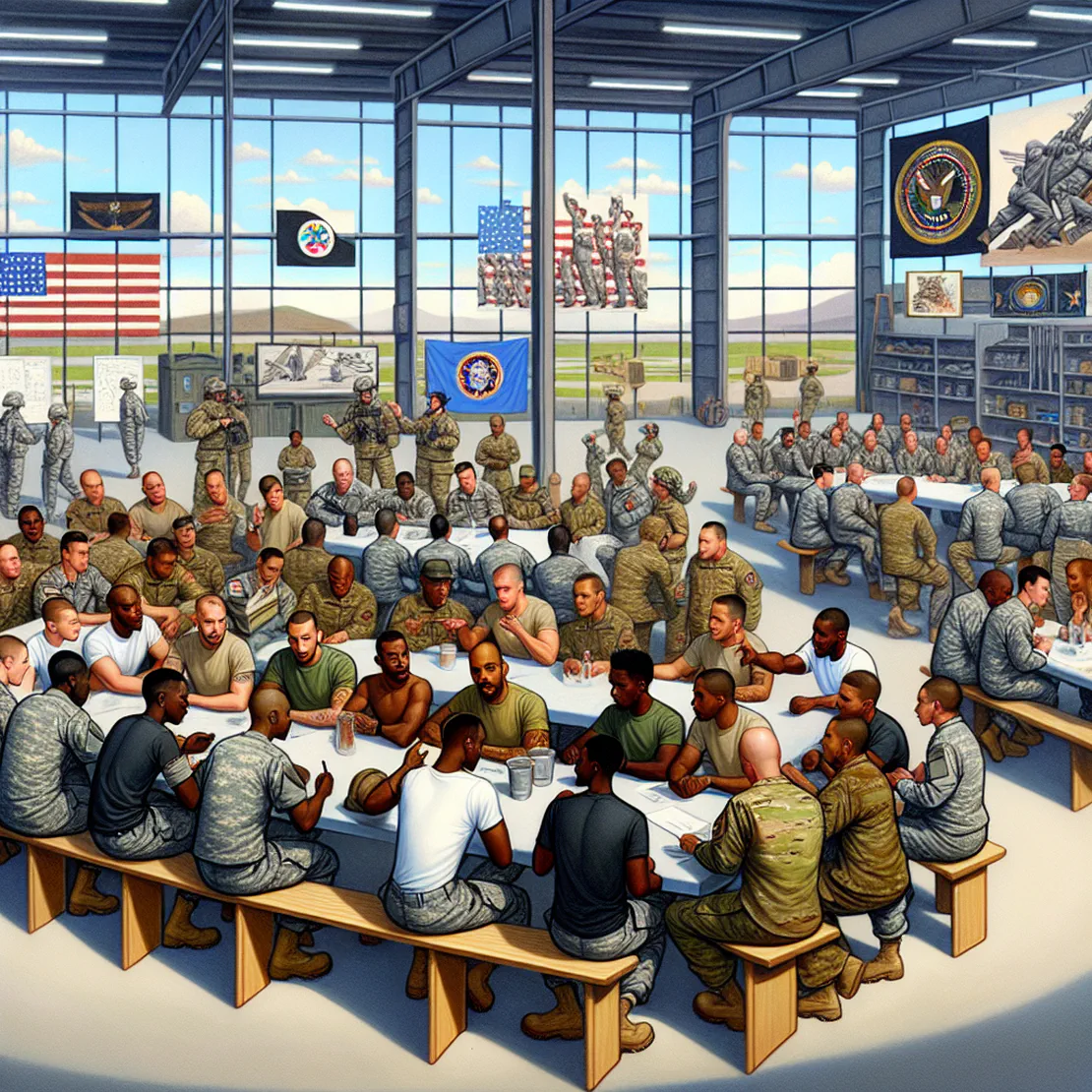
Tragedy Vs Evil
- The Jordan B. Peterson Podcast
- Education
- December 19, 2016
Table of Contents
At a Glance
-
Understanding Evil vs. Tragedy - “Evil is the conscious attempt to make the conditions of existence more pathological than they have to be.” This distinction is crucial in addressing the fundamental nature of reality.
-
Human Vulnerability and Sacrifice - “Vulnerability was a precondition for human being, and that was a desirable precondition because the things about human existence that are wonderful and remarkable are so integrally tied up with vulnerability.” Embracing vulnerability and making sacrifices are essential aspects of human existence.
-
Cain’s Path to Destruction - “Cain’s essential vulnerability is revealed and exacerbated by his pathological attitude towards his own actions.” The story of Cain highlights the consequences of arrogance and resentment in the face of vulnerability.
-
Capacity for Evil and Enlightenment - “You have to have some well-developed insight into your capacity for evil before you have any insight whatsoever into your capacity for good.” Recognizing the potential for evil within oneself is a crucial step towards enlightenment.
-
Development of Character - “The way out of the conundrum posed by your reliance on ideological beliefs and vulnerability in the face of the unknown is the development of a truly integrated and powerful character.” Building a strong character based on truth and solidity is key to navigating the complexities of existence.
What to Do
-
‘Develop a truly integrated and powerful character’ - The development of a strong character is essential for navigating the complexities of life and facing vulnerabilities with courage and truth.
-
‘Constantly confront things you don’t understand and strive for truth and solidity in your character’ - By actively engaging with challenges and seeking truth, you can build a foundation that is resilient and grounded in reality.
-
‘Every time you make a pathological moral decision, you move the world one step closer to complete annihilation’ - Recognizing the impact of your moral decisions on the world can motivate you to make choices that align with positive values and contribute to a better future.
-
‘Accept vulnerability as a precondition for human existence and find ways to render it not only acceptable but desirable’ - Embracing vulnerability as a natural part of life can lead to a deeper appreciation for the beauty and wonder of human existence.
-
‘Distinguish between tragedy, which is a revelation of vulnerability, and evil, which lacks necessity and is driven by volunteerism’ - Understanding the difference between tragic circumstances and intentionally harmful actions can help in addressing and combating true evil in the world.
What to Get
- Old Testament Stories (Adam and Eve, Cain and Abel) - The Bible - Amazon - Understanding human vulnerability and evil through ancient stories
Summary
In this podcast episode, Dr. Jordan B. Peterson delves into the concepts of tragedy versus evil, exploring the existential nature of human beings and the distinction between the two. He reflects on his personal journey of trying to understand what evil is and how it differs from tragedy. Peterson emphasizes that evil is not an intellectual issue but an existential one, dealing with the absolute nature of reality. He discusses the importance of self-awareness and the capacity for evil within individuals, highlighting the need for a well-developed insight into one’s capacity for evil in order to truly understand their capacity for good.
Peterson uses biblical stories, such as the tale of Cain and Abel, to illustrate the consequences of self-consciousness and vulnerability. He explains how individuals react to their vulnerability in different ways, either through humble sacrifice and acceptance or through arrogance, resentment, and destructive behavior. The story of Cain and Abel serves as a cautionary tale about the dangers of succumbing to one’s vulnerabilities and making poor moral decisions.
Throughout the episode, Peterson emphasizes the importance of developing a strong and integrated character to confront the challenges of existence. He warns against the path of arrogance and self-deception, which can lead to destructive behavior and a worsening of one’s circumstances. Peterson suggests that by embracing moral courage and making appropriate moral decisions, individuals can contribute to a more positive and meaningful existence. Ultimately, he highlights the potential for transformation and the power of individual agency in shaping the course of one’s life and the destiny of the cosmos.


